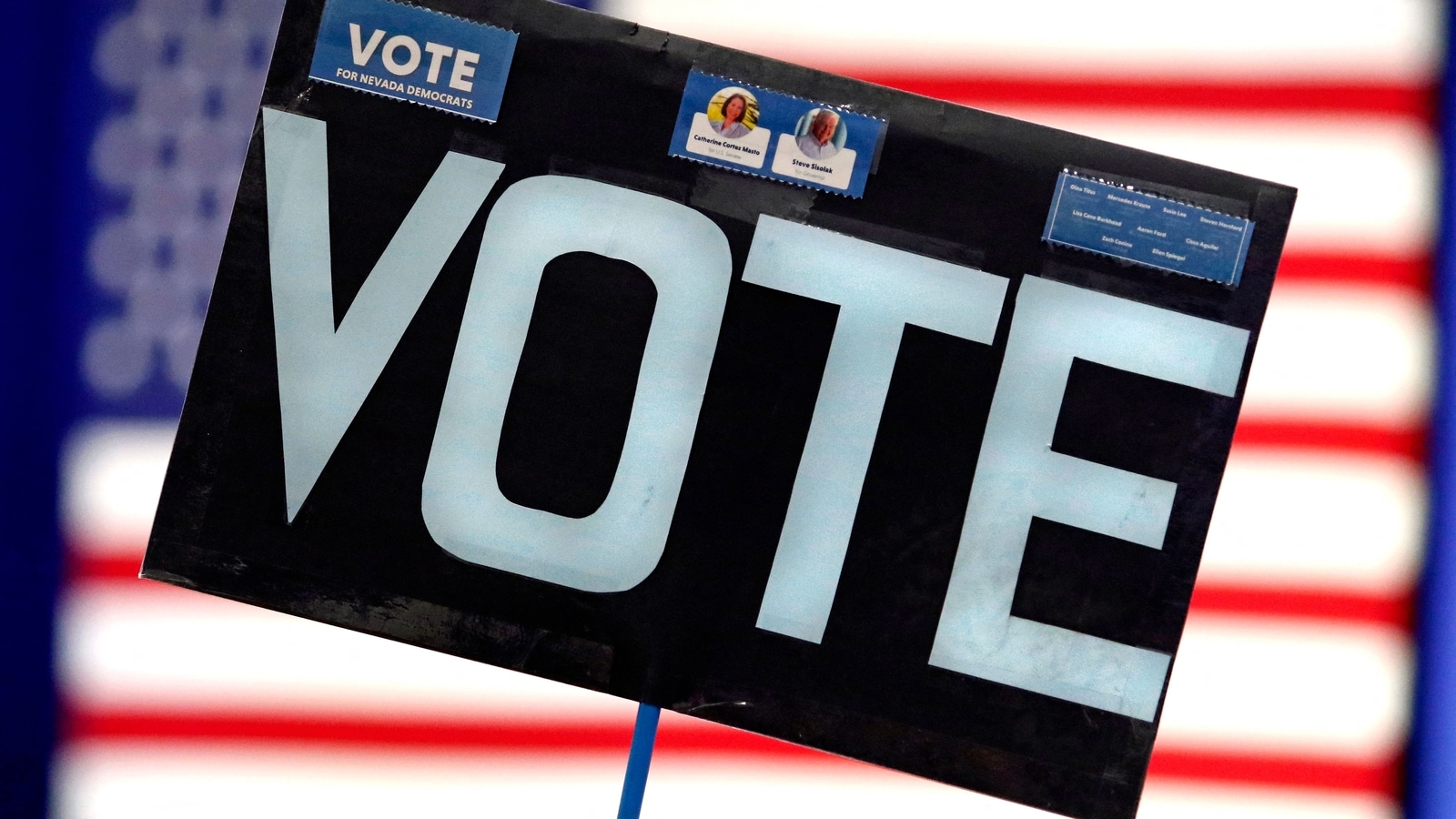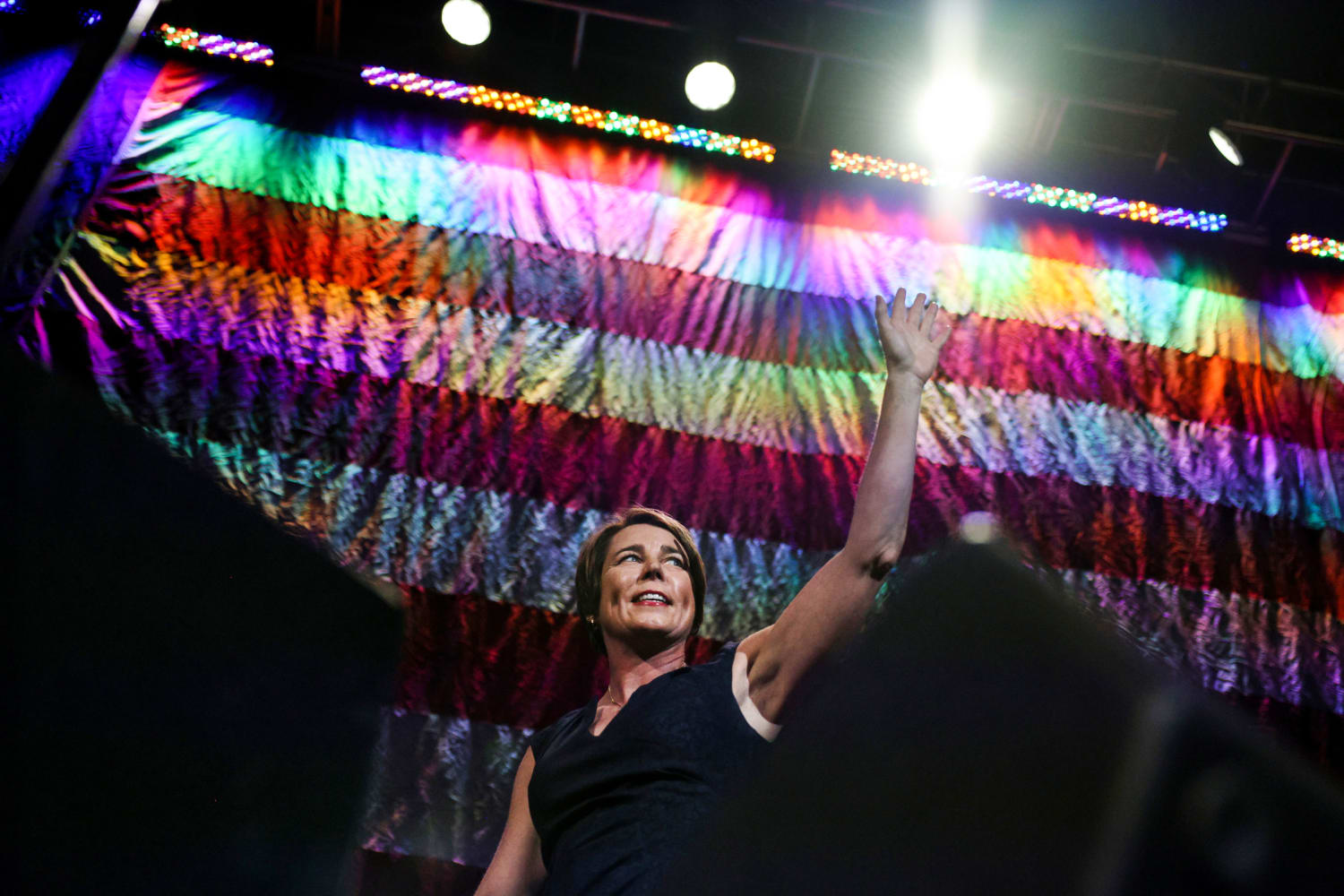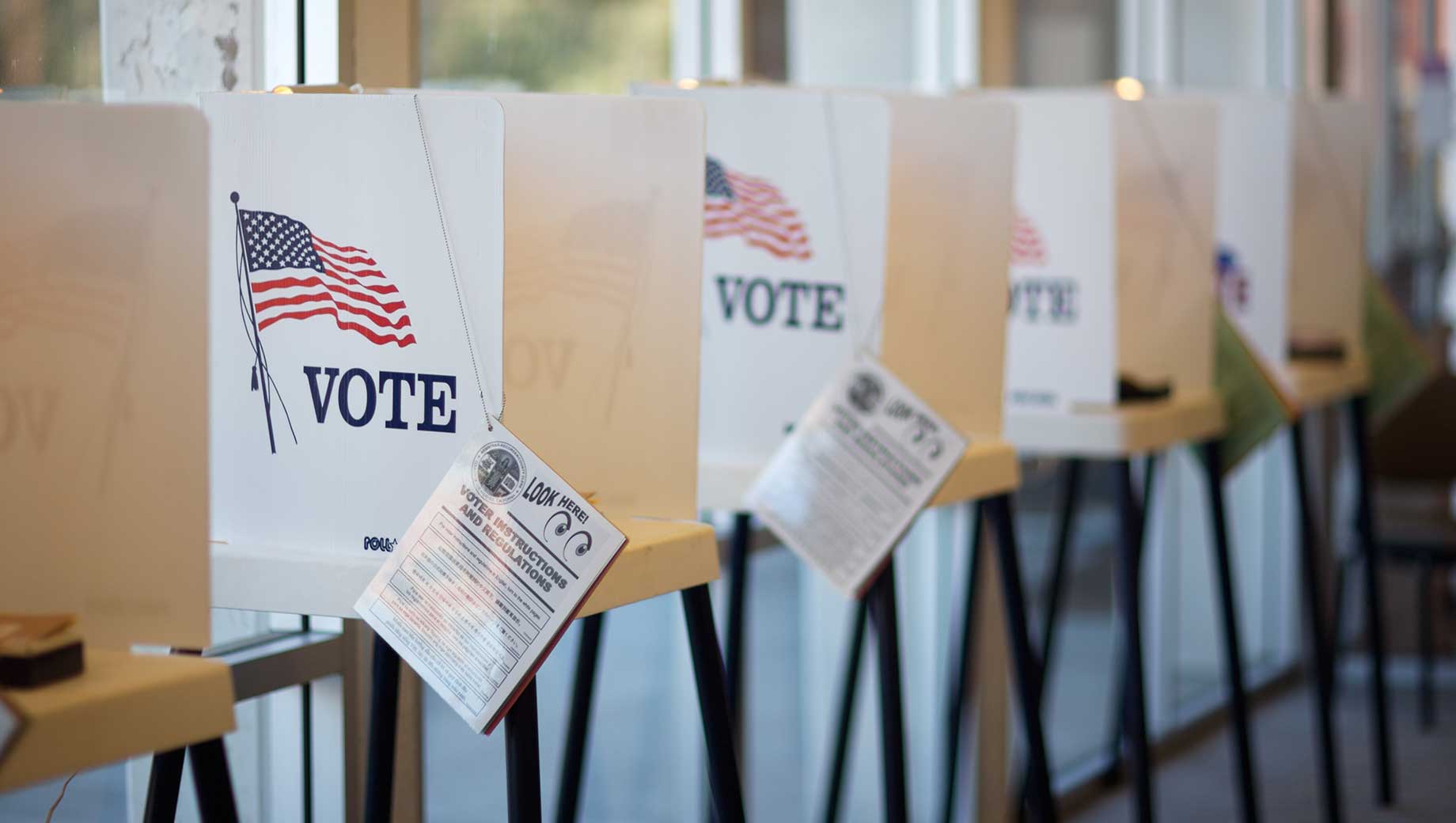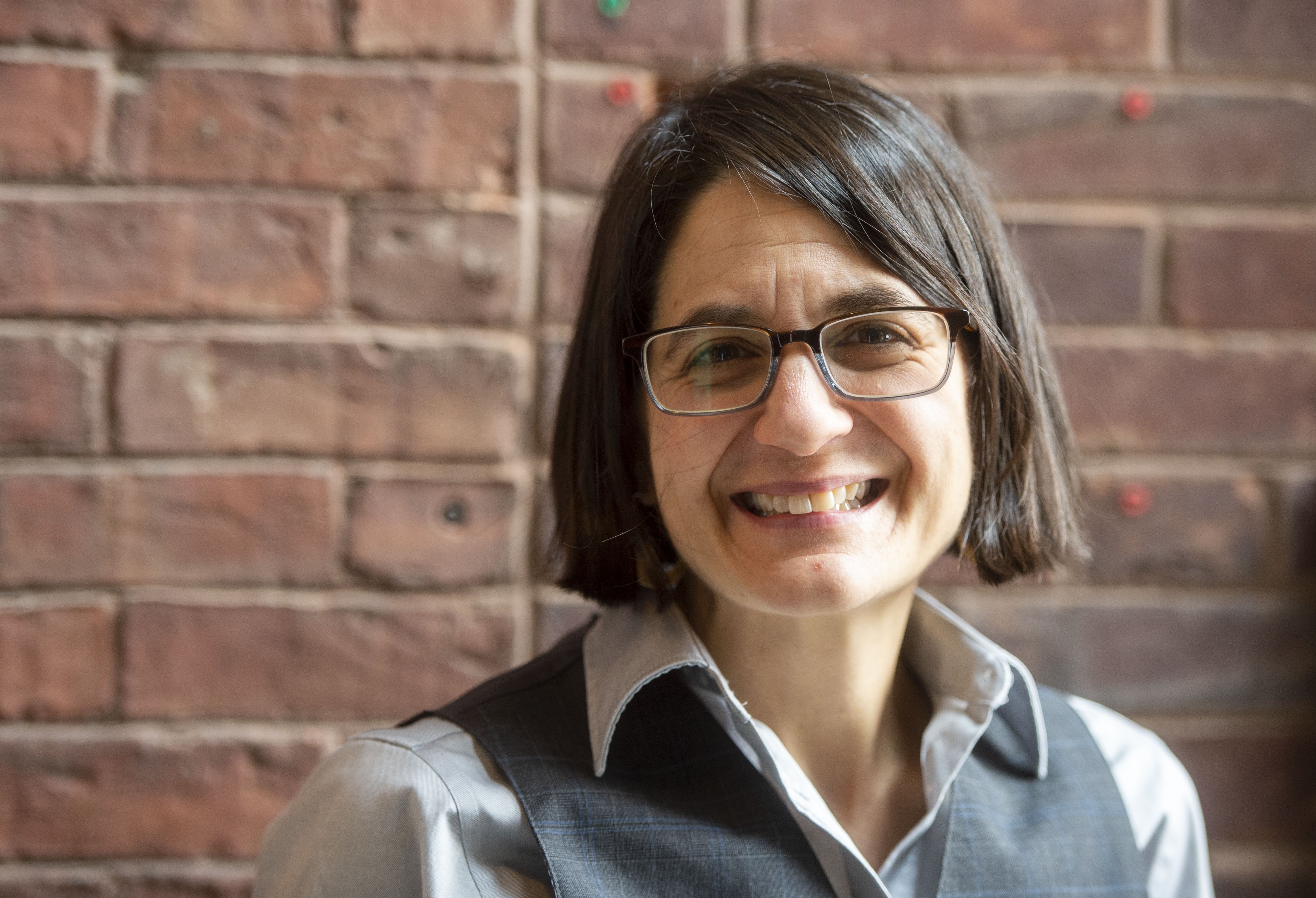
The upcoming midterm elections in the United States are making history—a positive kind of history. LGBTQ candidates are running in all 50 US states, as well as the nation’s capital, for the first time.
The huge accomplishment comes as the LGBTQ community has become an increasingly significant voting constituency, according to AFP. The growth in gay and transgender voters, according to analysts, might reshape the electoral environment over the coming generation by “nudging the conservative US heartland in a more liberal direction.”
The LGBTQ community comprises around 10% of American voters

Currently, the community comprises around 10% of American voters, but according to a report released in October by a lobbying group and Bowling Green State University in Ohio, that percentage will increase to one in seven, or more than 14%, by the end of this decade.
“Bigots want us to stay home and stay quiet, but their attacks are backfiring and instead have motivated a new wave of LGBTQ leaders to run for office,” says Annise Parker, head of the LGBTQ Victory Fund and former Houston mayor.
About 90% of the LGBTQ candidates who participated in this year’s primary races are Democrats

According to a recent analysis by Parker’s organization, the number of LGBTQ candidates who successfully made it onto ballots increased by 18% since 2020.
1,065 hopefuls ran primary campaigns for the November midterm elections, and a record 678 made it onto ballots. According to AFP, about 90% of the LGBTQ candidates who participated in this year’s primary races are Democrats
Becca Balint would be the first lesbian ever sent by the state to Congress

Becca Balint, a candidate for the Vermont House would be the first lesbian ever sent by the state to Congress. This is another historic milestone for the community.
Human Rights Campaign (HRC), which is the United States’ largest gay rights group pointed out that the candidate statistics stand for significant progress in 2022, a year that saw more than 340 anti-LGBTQ bill proposals across the country. These bills include the controversial ‘Don’t Say Gay‘ bills and the ones seeking to ban transgender children from participating in school sports.





